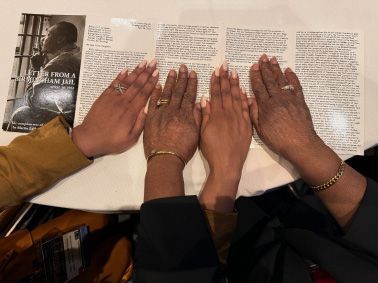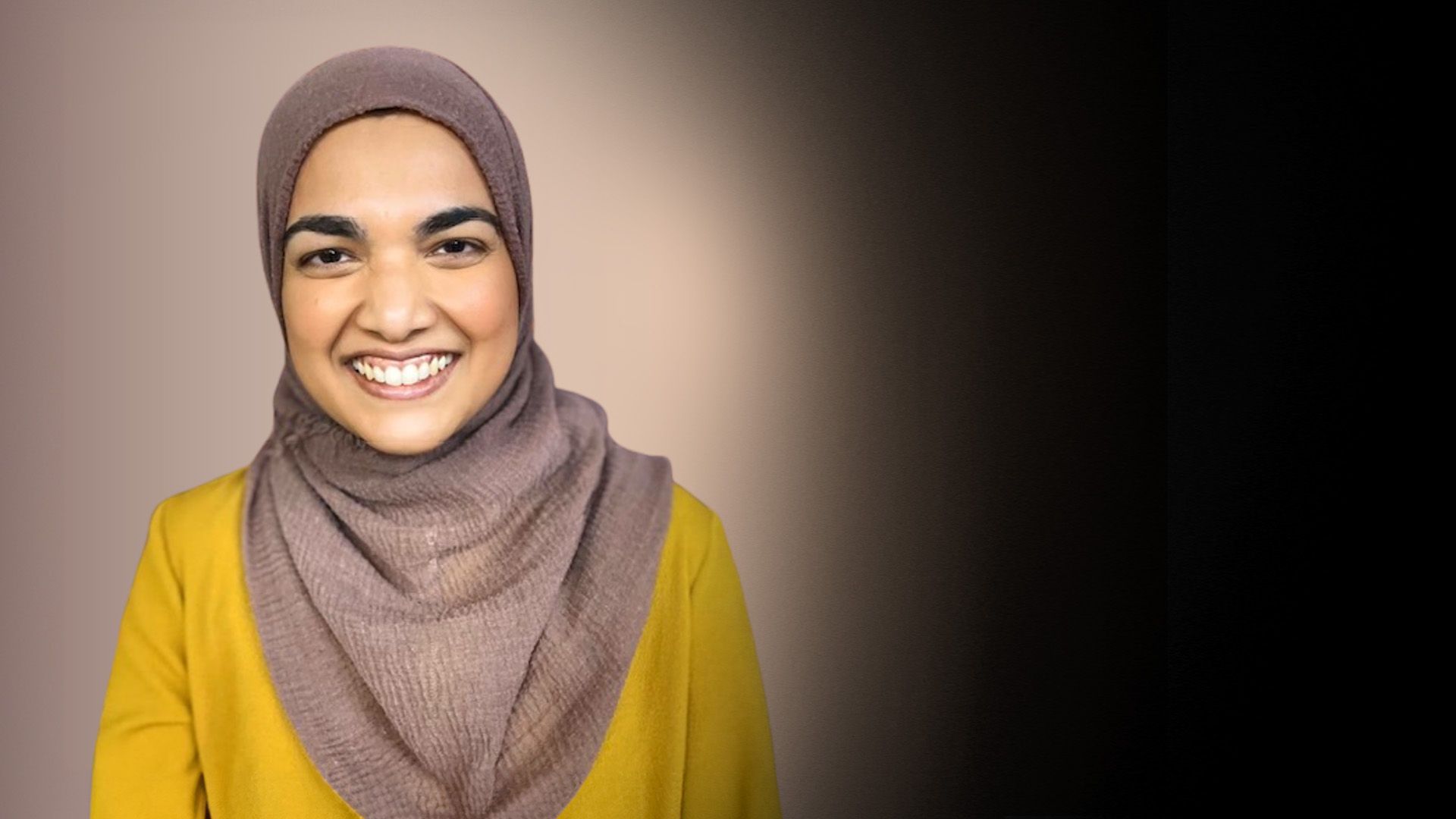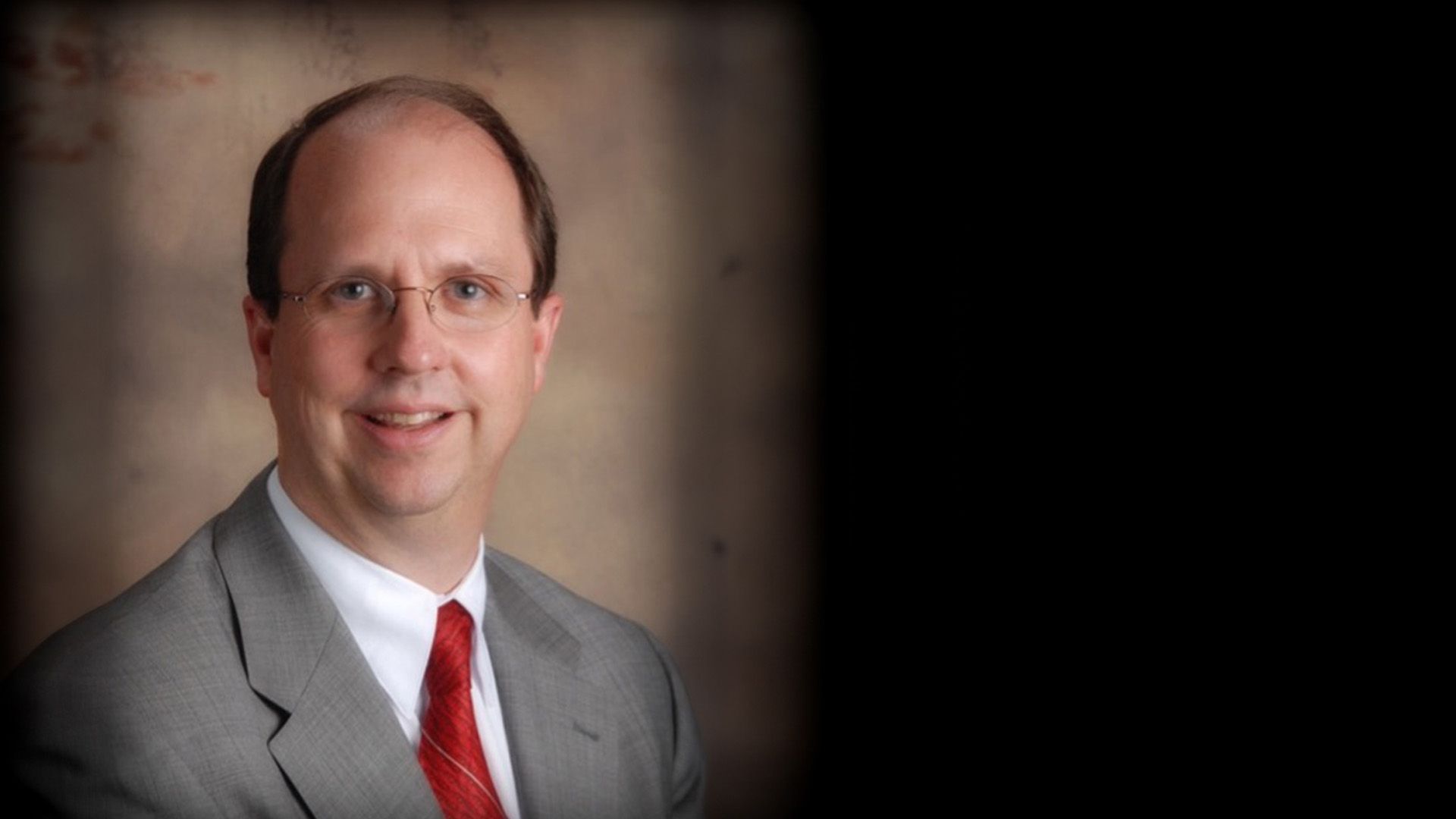Celebrating Mrs. Willie Pearl Mackey King: A Woman of the Movement Behind the Letter from the Birmingham Jail
March provides the perfect opportunity to acknowledge and celebrate the influences of women who have made significant contributions to history. This article pays tribute to Mrs. Willie Pearl Mackey King, an often-overlooked woman of the movement who played a crucial role in one of the most important documents of the civil rights era, Dr. Martin Luther King Jr.'s "Letter from the Birmingham Jail."
Before her pivotal role in transcribing Dr. Martin Luther King Jr.'s "Letter from the Birmingham Jail," Mrs. King had already established an impressive professional career. She worked for the US Equal Employment Opportunity Commission for 32 years as an accounting officer and financial manager. Even after retirement, she continued contributing her expertise as a contractor for the US Office of Compliance on Capitol Hill for six years.

In February 1962, Mrs. King joined the Southern Christian Leadership Conference (SCLC) as a member of Dr. Martin Luther King Jr.'s executive staff. During her time with the SCLC, she performed various administrative duties and traveled alongside Dr. King. During this period, she was pivotal in typing his famous "Letter from Birmingham Jail."
In her own words, Mrs. King described the conditions under which she and Dr. Wyatt Tee Walker worked on the letter. She stated that Dr. King wrote on scraps of paper, including edges of newspapers, table napkins, toilet paper, and other scraps he could find. When he asked the prison security guards for supplies to write, they laughed and told him that the jail was not a library. Despite the difficult circumstances, Dr. King continued to write on whatever scraps he could find, determined for someone to tell his story.
Preserving Dr. King's Story: A Challenging Journey
Mrs. Willie Pearl Mackey King shared these insightful reflections while seated in the pulpit of Sixteenth Street Baptist Church, the first Black church to organize in Birmingham. Willie Pearl Mackey King, who served as Dr. Martin Luther King Jr.'s secretary, underscored the daunting challenges she experienced while transcribing Dr. King's "Letter from Birmingham Jail" and emphasized how honored she was to carry out the duty but also how stressful the situation was. The trust placed in her was overwhelming, but she was up for the task, seeing it as her job duty. No one could fully understand the magnitude of the moment.
The limitations of the typewriter technology during that era added an extra layer of difficulty to the transcription process. Mrs. King did not have the luxury of modern features like copy and paste or the ability to quickly correct mistakes with a simple backspace. Every error meant starting the entire page over. The pressure was immense, with people looking over her shoulder, adding to the already stressful situation. She was not allowed to leave her hotel room (not even to get a toothbrush) until the assignment was complete.
Despite the challenges, Mrs. King's skill as a typist and secretary enabled her to fulfill her duties with remarkable precision. Her dedication to her work and exceptional rapport with Dr. King became evident during their time at the Southern Christian Leadership Conference (SCLC). Dr. King trusted her implicitly, an honor that reflected her competence and professionalism.
When Dr. King was unjustly arrested and imprisoned, he felt urgent to tell his story. Remarkably determined, he documented his thoughts on scraps of paper that he gathered, even using unconventional mediums like brown paper bags, grease-stained paper, newspaper margins, napkins, and even toilet tissue. Dr. King entrusted his attorney with these tattered papers, recognizing the importance of getting his story out. His attorney retrieved the scraps of paper and hid them in his coat jacket to get them in the hands of the team responsible for the transcription.
It became apparent that transcribing the contents of these fragmented writings would be an arduous task. The disjointed nature of the notes meant that paragraphs and sections needed to be deciphered and pieced together. Working tirelessly in a motel room, Mrs. King and her team reconstructed the letter. It took them three to four days to meticulously assemble, organize, and transcribe Dr. King's powerful words.
You may be wondering how I am so familiar with the intricacies of this story. I credit the Faith and Politics Institute for the incredible experience of attending the 2024 Congressional Civil Rights Pilgrimage to Birmingham, Selma, and Montgomery, AL. This is a tradition that began in 1998. It was during that Pilgrimage that I was able to hear Mrs. King share her story, hug her neck, take a picture with her, and hold one of the limited number of copies of the official Letter from the Birmingham Jail, including the one featured as a part of this article. She was not only a speaker, but she was a luminary on the Pilgrimage, with us throughout the trip, experiencing it just as we were. I can share all the impressionable moments from that impactful three-day trip for days, but for now, I wish to focus on this incredible woman of the movement, Mrs. Willie Pearl Mackey King.
Final Remarks
The resilience and dedication demonstrated by Mrs. King in preserving Dr. King's message were esteemed, shedding light on the historical significance of her role. The extraordinary journey of Mrs. Willie Pearl Mackey King serves as a testament to her unwavering commitment to justice and equality. Her instrumental role in transcribing Dr. King's "Letter from the Birmingham Jail" ensured that his powerful words could reach a wider audience and leave an indelible mark on history. Mrs. King's steadfast determination and the trust bestowed upon her by Dr. King showcase her remarkable character and unwavering dedication to the civil rights movement. Let us celebrate her during Women's History Month and beyond, ensuring her invaluable contributions are never forgotten.














